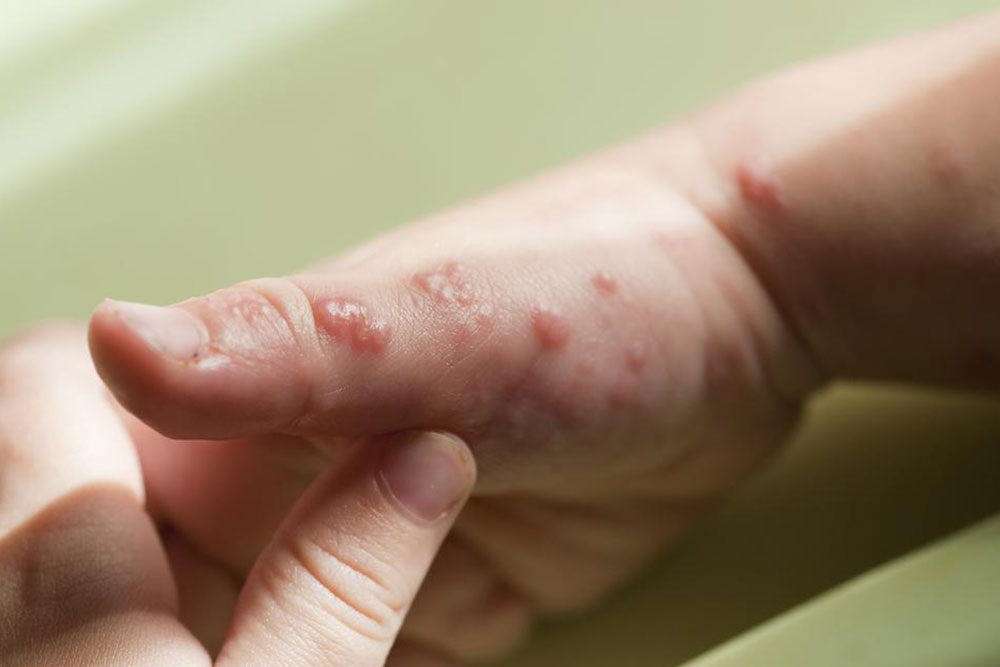Effective Strategies to Manage Viral Infection Symptoms
This article outlines effective ways to manage symptoms of viral infections, emphasizing early diagnosis and prevention through vaccination. It covers common and severe symptoms, diagnostic methods, and available treatments, including vaccines and antiviral drugs. The importance of timely medical consultation, especially in children, is highlighted to ensure proper care and disease management. Stay informed about preventing and treating viral illnesses with expert insights and recommended practices.

Strategies to Alleviate Viral Infection Symptoms
Viral infections originate from diverse viruses present in our environment and can spread easily based on the specific virus type. Respiratory viruses spread through the air, while foodborne viruses transmit via contaminated foods and beverages. Certain viruses can also pass through sexual contact or kissing, entering the body through saliva.
Typical symptoms of viral infections include fever, fatigue, muscle pain, skin rashes, coughing, vomiting, sneezing, diarrhea, nasal congestion, chills, and headaches.
More serious signs include personality changes, neck stiffness, excessive drowsiness, bladder issues, bowel irregularities, dehydration, seizures, back pain, confusion, and limb paralysis.
Recognizing viral infection symptoms can be challenging, which emphasizes the importance of seeking medical advice promptly. Early consultation is especially crucial for children.
To determine the appropriate treatment plan, healthcare providers must first diagnose the specific type of viral infection.
Diagnostic methods include:
Blood tests to identify the virus, antibodies, or antigens causing the illness.
Laboratory analyses such as blood and body fluid cultures to isolate and identify virus strains.
For skin-related viral infections, samples are collected from affected areas for analysis. A spinal tap may be performed to examine cerebrospinal fluid, and PCR (polymerase chain reaction) is used to replicate viral genetic material for precise identification.
Available treatment options include:
Vaccination remains the most effective preventive measure, supporting a robust immune system to ward off viruses. Regular immunization is highly recommended.
Antiviral medications can help reduce symptoms by blocking viral proteins, but they are less effective than vaccines. These drugs aim to inhibit virus activity and assist in symptom management, though vaccination offers longer-lasting protection.










